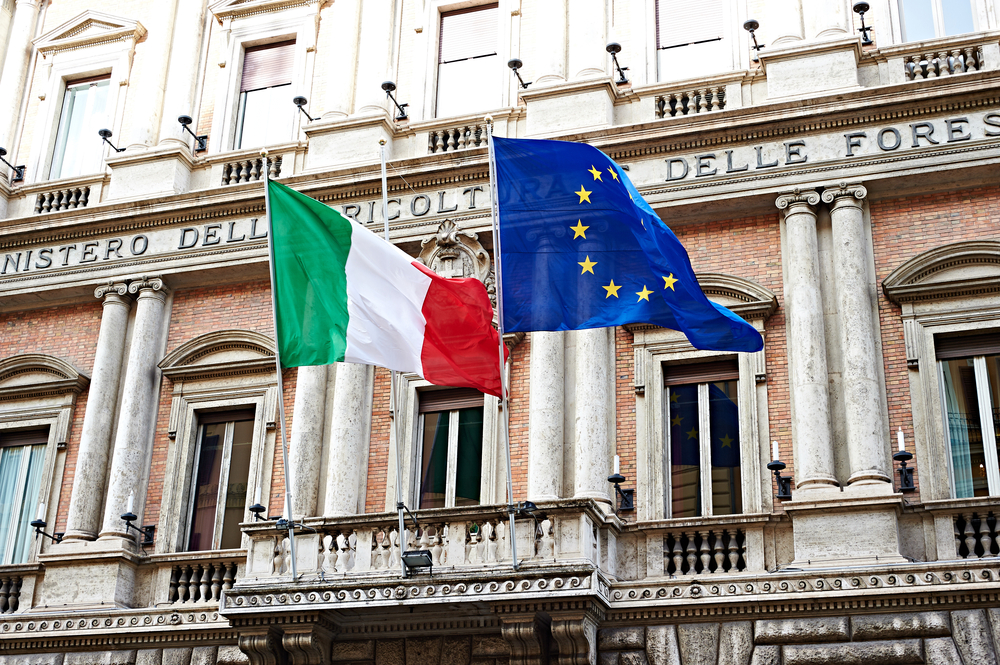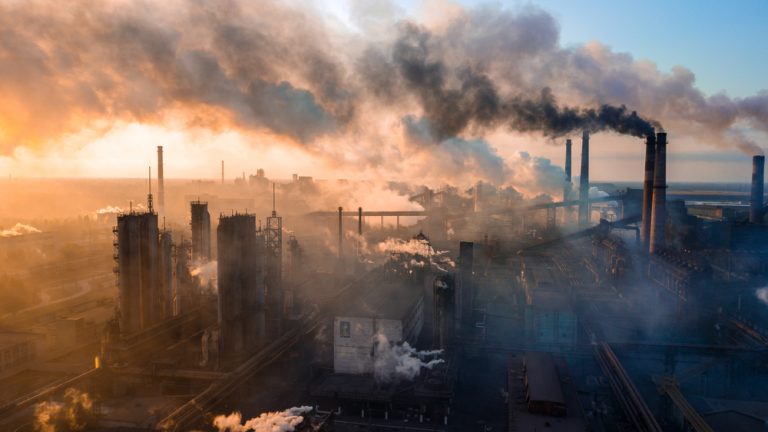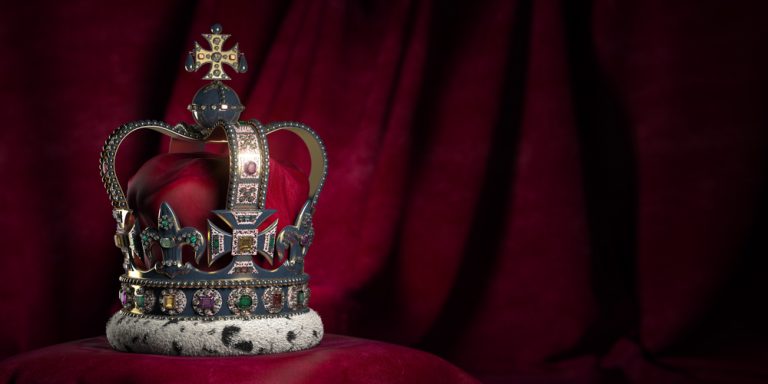
The victory of the ” Brothers of Italy” and its allies: is this a signal for the European Union?
The right-wing coalition won the elections in Italy: the ” Forward Italy ” party (Italian: Forza Italia, leader – Silvio Berlusconi) won 18 senatorial seats and 44 deputy seats, the “Northern League” party (Italian: Lega Nord, leader – Matteo Salvini) won 29 seats in the Senate and 67 in the Chamber of Deputies, and, most importantly, the far-right “Brothers of Italy” party (Italian: Fratelli d’Italia, leader – Giorgio Meloni) won 66 senatorial seats and 119 deputy seats. This “right-wing turn” happened exactly in the year of the centennial of the “March on Rome”, which brought to power the “National Fascist Party” led by Benito Mussolini. The successor of the latter is the “Brothers of Italy”, whose name, by the way, coincides with the first line of the Italian anthem, and whose symbol is a green-white-red torch.

On October 13, Ignazio La Russa, chairman of the “Brothers of Italy party”, was elected president of the Senate. He is known for his collection of Fascist relics, and his father served as secretary of Mussolini’s party. La Russa (like Giorgio Meloni) began his political career in the neo-fascist Italian National Movement. It is interesting to note that the party “Forward Italy” boycotted the election of the President of the Senate because the members of the right-wing coalition could not agree on some candidates for ministerial positions, although negotiations began immediately after winning the elections. Even though friction between Berlusconi and Meloni exists they will probably overcome it. Giorgia Meloni is a strong leader of the chieftaincy type, but Silvio Berlusconi is also quite an influential figure. At the very least they will be reconciled by Matteo Salvini.
At the same time, elections were held for the president of the Italian Chamber of Deputies. The right-wing coalition candidate Riccardo Molinari (former leader of the parliamentary faction “Northern League”) failed to win a majority of votes. In the next attempt to elect a chairman on October 14, Lorenzo Fontana (representative of the “Northern League”) became chairman. After completing the process of electing chairmen and forming factions, Italian President Sergio Mattarella will soon be able to begin consultations with party leaders to form a new government.
The government will be led by Giorgia Meloni, the chief election triumphant. She has always been ambitious: in 2001 Gianfranco Fini, the leader of the National Alliance party, appointed Meloni as coordinator of the youth organization of the Youth Action party, and already three years later she headed it. Meloni later became an MP for the National Alliance and the People of Freedom and worked in Silvio Berlusconi’s fourth government (2008-2011) as Minister of Youth Affairs.
In 2012, Giorgia Meloni, along with Ignazio La Russa and Guido Crozetto, founded the “Brothers of Italy” and became its leader two years later. Interestingly, in the 2018 elections, the “Brothers of Italy” received only 4%, and now it is already 26%. Why did Italians believe her? The answer is simple: they are tired of the promises and lack of real action of the former politicians. Before they trusted the populists from the Five Stars Movement party, now they trust the nationalists. They need new politicians with a clear program of action.
Giorgia Meloni grew up without a father on the outskirts of Rome, she had no higher education, and yet she is the flesh and blood of the Italian people. Meloni is anti-LGBT+, dislikes Muslim immigrants, and believes that what matters most is “God, Fatherland, and Family.” The “Brothers of Italy” promised tax cuts and money to support people and businesses, as well as to stem the flow of refugees from Africa. In recent years, Meloni (like her party colleagues) has had a lot of face-to-face contact with voters in places in Italy where politicians don’t like to appear.
Meloni’s government will get a country that is in economic crisis, and with a sizeable foreign debt. The country needs money to solve its problems, but the main question arises: where to get it? Obviously, that it’s hard to make money: the population is aging rapidly, and tourism is shrinking. In addition, it is not easy to take a loan, because Italy already owes a lot to other countries, and some partners in the European Union may not like Meloni’s populist and anti-immigration reforms.

Still, there are examples of European countries where the situation is better and right-wing parties are in power. For example, Hungary allows itself to pursue an independent foreign policy, somewhat detached from its European Union colleagues. George Meloni is in solidarity with Viktor Orban on domestic policy matters, but not on foreign policy. In these matters, Meloni’s government will be in solidarity with the conservative Polish authorities, with whom there is little disagreement on domestic and foreign policy.
If Meloni succeeds in improving the welfare of Italian citizens, then (along with Hungarians and Poles) the number of Europeans who vote for right-wing politicians opposed to more migrants and further European integration may increase. Time will tell, however, whether the right-wing forces can win back positions from European reformist movements.
Author: Walter Bala

